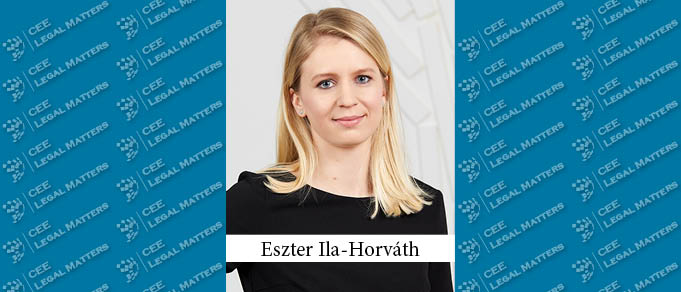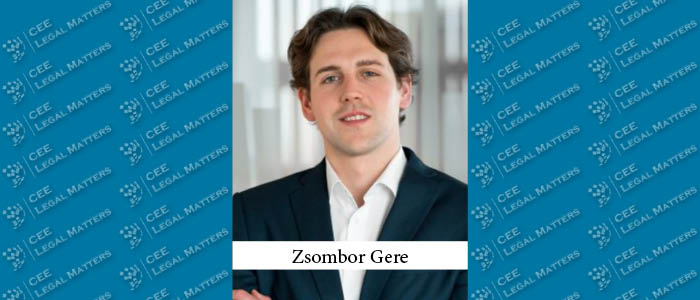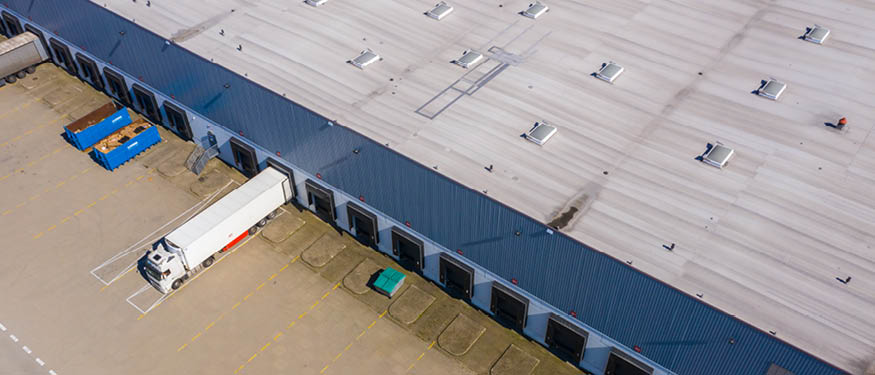With a new function on the National Tax and Customs Administration’s (NAV) mobile application (“NAV Mobile”), anyone can check whether their employer has notified the tax authority about their employment in accordance with the employment contract.
Slovakia Indirect Tax Alert: Tax on Sweetened Non-alcoholic Beverages
The Slovak government proposes a bill introducing indirect tax on sweetened non-alcoholic beverages with added sugar or sweeteners. Due to the voting majority in the National Council, it may be expected that the bill will be passed and will become effective from 1 January 2025.
Automatic Exchange of Information Regarding Financial Accounts with Ukraine Will Be in Place from September 2024
Since July 1, 2023, Ukraine has been a member of the international automatic exchange of information regarding financial accounts pursuant to the Common Reporting Standard (CRS). The international exchange of information includes 123 countries (as of May 2024).
Michal Bernat and Stanislaw Soltysik Make Partner at Dentons' Warsaw Office
Michal Bernat and Stanislaw Soltysik have been promoted to Partner at Dentons' Warsaw office as part of the firm's latest promotions round for Europe and Central Asia.
The Hidden Pitfalls of Transfer Pricing
In the audit practice of the Hungarian Tax and Customs Administration (HTA), the audit of transfer pricing is gaining importance. Moreover, the relevant regulations are becoming more complex with each passing year. As the deadlines for transfer pricing documentation approach, it is worth reviewing what hidden pitfalls should be avoided when preparing documentation and providing data.
Dragos Doros Joins Artenie Secrieru & Partners To Launch Artenie, Secrieru, Doros Tax
Former Eversheds Sutherland Romania Tax Partner Dragos Doros has joined the Artenie Secrieru & Partners law firm in Bucharest to launch their sister operation – Artenie, Secrieru, Doros Tax – as Managing Partner.
Community Financing – Dying Opportunity or the Future of Fundraising?
One of the measurable success stories of the fintech revolution is how donation and subscription-based community financing has become an alternative to traditional fundraising methods such as classical bank financing or venture capital investments. From this rapid development, it follows that there is a less uniform picture in the public consciousness about the phenomenon of "crowdfunding." How many forms are there? Which ones are regulated? Who are the actors in the process? What regulations apply to it? How are they taxed? Among many clarifications to be made, the main question, however, is whether specialized crowdfunding service providers for this purpose will emerge in Hungary as well.























